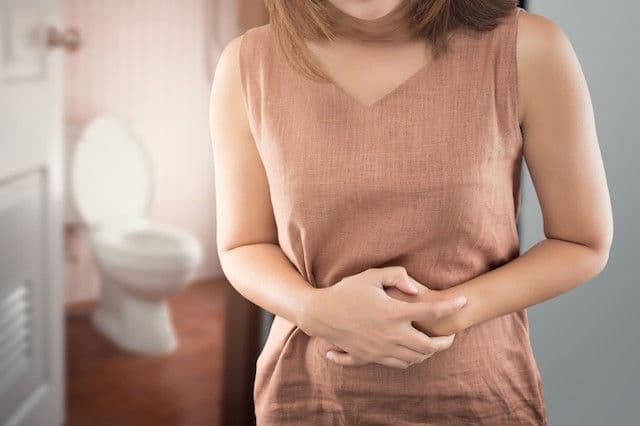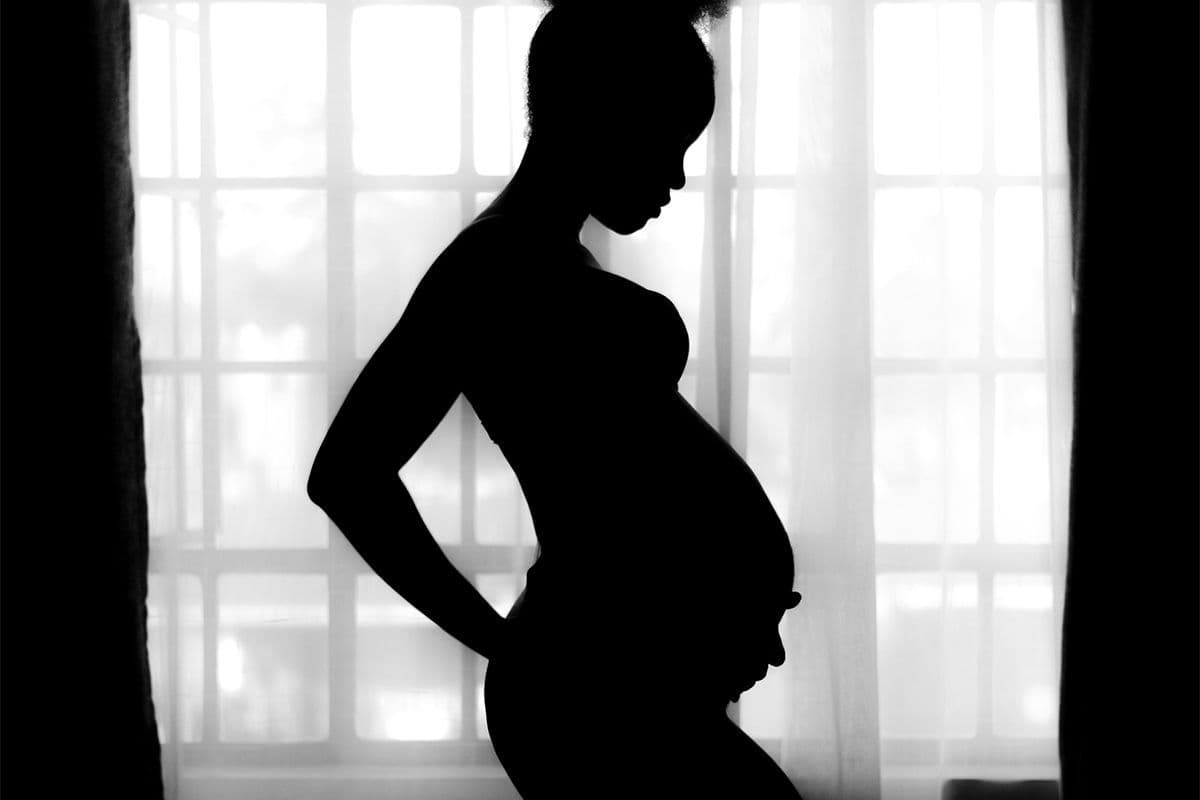Gallbladder Problems During Pregnancy
Body Changes
Obie Editorial Team

Women are twice as likely to have gallstones as men and much of that has to do with pregnancy hormones. Elevated hormones during pregnancy cause the gallbladder to function more slowly, less efficiently.
The gallbladder stores and releases bile, a substance produced in the liver. Bile is used to help digest fats in the small intestine. Bile contains cholesterol and other matter and when it sits in the gallbladder for extended periods hard, solid nuggets can form – gallstones. These can be as small as a grain of sand or as large as a golf ball. The stones can block the flow of bile causing symptoms ranging from indigestion to serious pain.
Excess weight gain during pregnancy can increase cholesterol content in bile and can contribute to the formation or growth of gallstones. Although there is no way to completely prevent gallstones, maintaining a healthy weight during pregnancy can help lower your risk. Also helpful is eating a diet that is low in fat and high in fiber with plenty of fresh veggies, fruits and whole grains. Regular exercise helps, too.
Symptoms of a gallbladder attack include intense, continuous abdominal pain that lasts for hours, nausea, vomiting. An ultrasound (instead of the usual x-ray) will be used to make a diagnosis. Treatment during pregnancy may include surgery to remove the gallbladder. Sounds scary, but this is safe for both mom and baby, especially during the second trimester. Gallbladder attacks in the third trimester can be managed with a strict diet and pain medication followed by surgery several weeks after delivery if needed.
Most pregnancies are not affected by gallbladder attacks, but should this happen to you, don’t panic and call your doctor.









